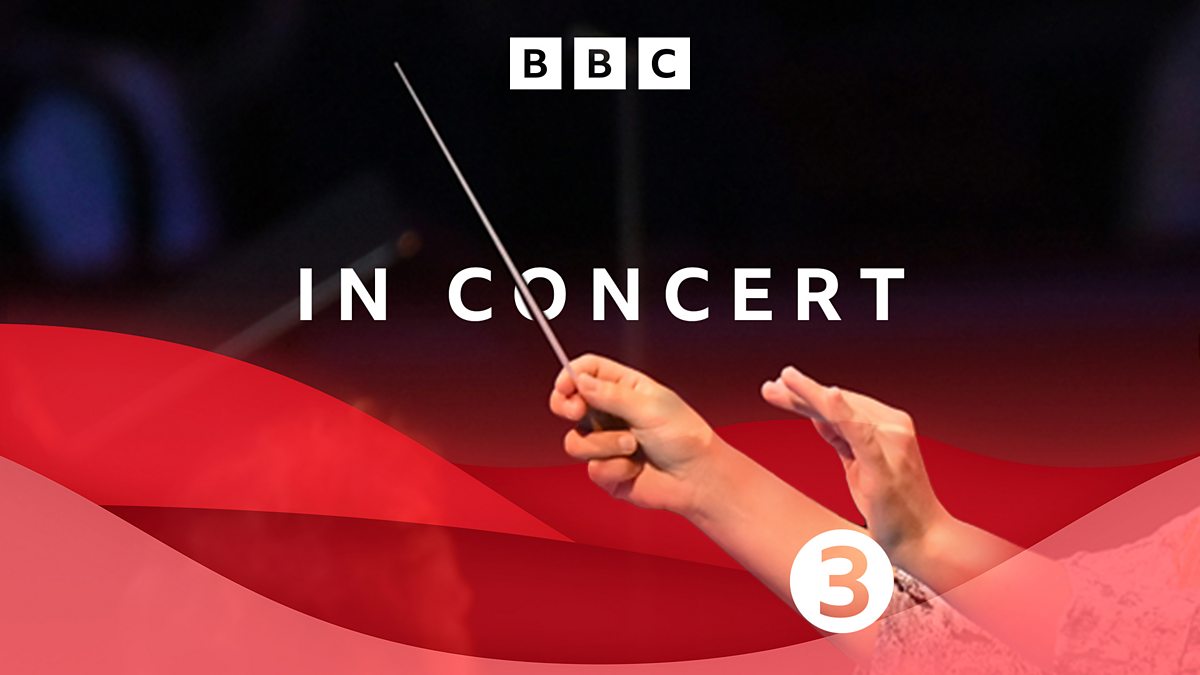Is it me, or is the sound on tonights Sibelius 2 particularly lush and lovely ?
( Listening on trusty old FM.)
Edit: well yes, I thought the sound was terrific,and a fine performance overall. A somewhat understated final movement, something of a less is more approach, which worked well.Rather gripping IMO.
( Listening on trusty old FM.)
Edit: well yes, I thought the sound was terrific,and a fine performance overall. A somewhat understated final movement, something of a less is more approach, which worked well.Rather gripping IMO.


Comment